- Home
- Our Learning
- Subjects
- Mathematics
Mathematics
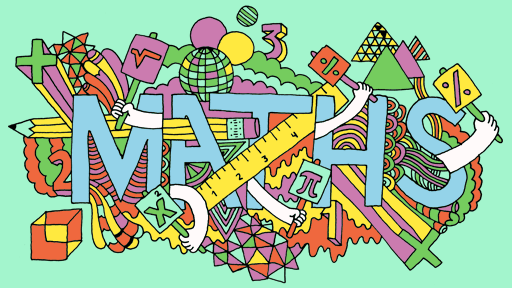
At Gray’s Farm Primary Academy, we aim to provide a challenging, balanced and stimulating mathematics curriculum.
Right through from our Nursery all the way up to Year 6, our aim is to promote a positive and confident attitude to maths as an exciting, creative and relevant subject which has applications in all areas of our learning and day-to-day life. We want the children of Gray’s Farm Primary Academy to develop a love of mathematics and to ensure that all our pupils realise their potential, becoming confident and enthusiastic mathematicians.
Year Group Overviews
These learning overviews show the topics our children learn about in maths and when. Our teachers use these blocks as a guide to ensure the maths they teach covers all aspects from the national curriculum. Adapting and tailoring learning to children's needs is so important. Therefore, our teachers will strategically shorten, extend, swap and revisit areas based on the needs of their class. To see how progression works within and across year groups.
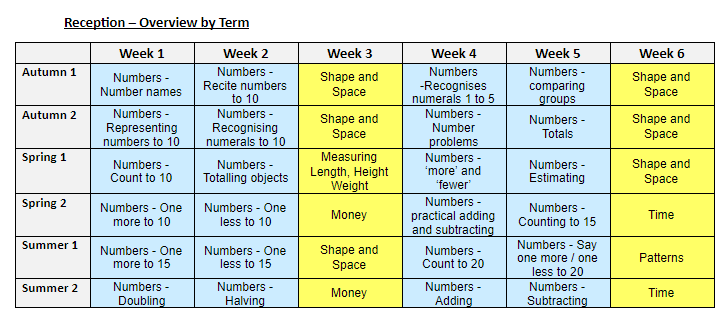
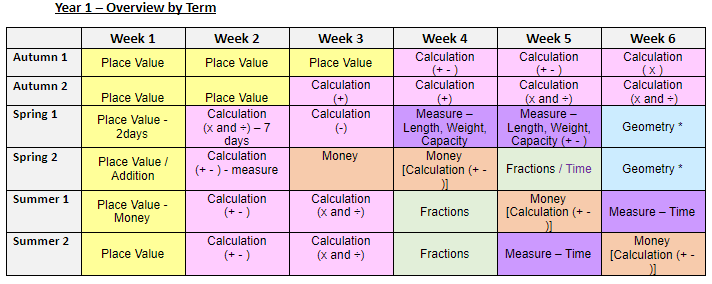
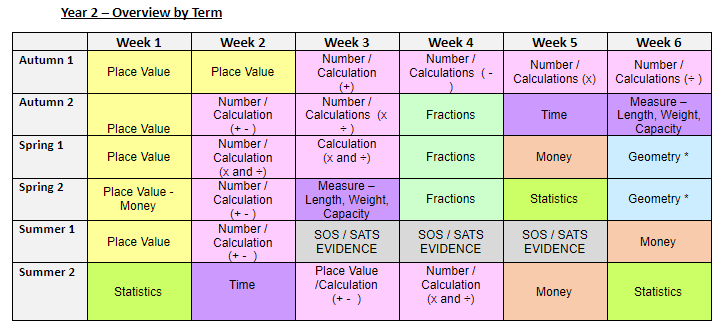
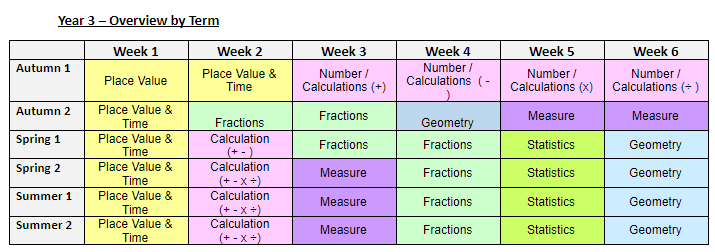
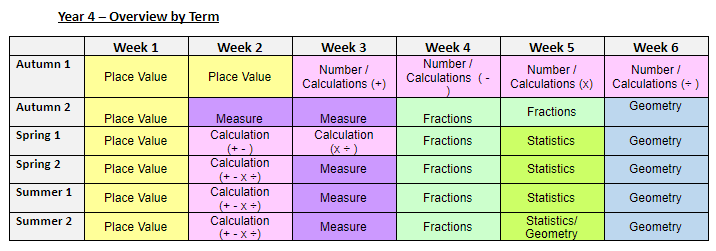
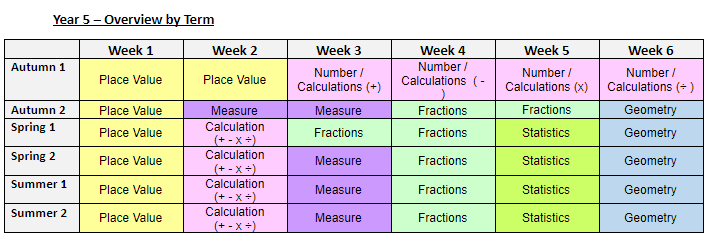
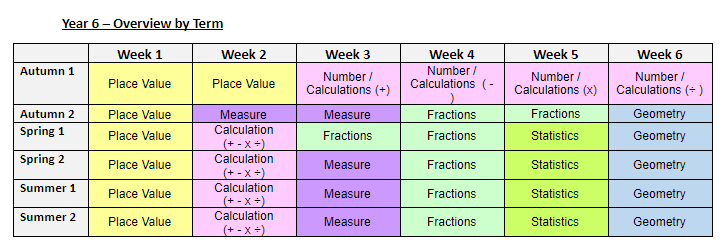
Calculation Policies
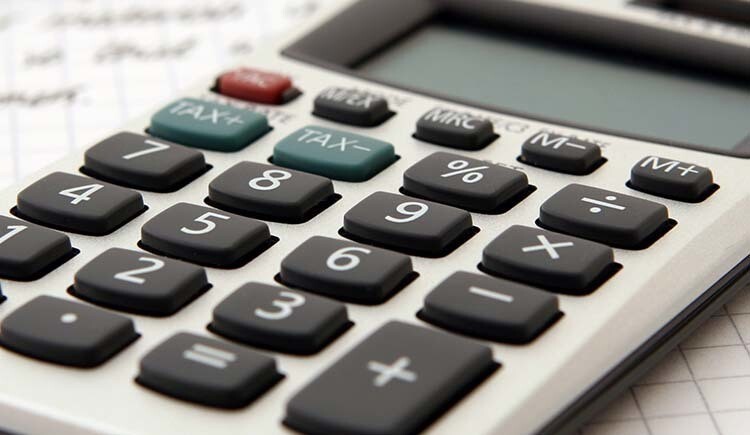
Gray’s Farm has redesigned our calculation policy to ensure that there is a focus on teaching core numeracy skills in both the written and mental aspect. Our addition, subtraction, multiplication and division policies have clear and logical progression all the way through the school to allow children the continuity of methods they require to succeed.
The Gray's Farm calculation policies can be found below:
Our Maths Lessons
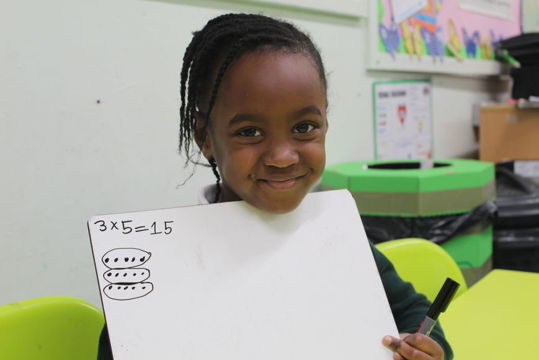
The Typical Structure: Gray's Farm Maths lessons aim to sharpen the fluency of our children's maths using 'practice' arithmetic style questions, develop their ability to use maths in real life using 'application' questions and reason at every opportunity. Our aim is for the children to not only learn skills but to then apply them to ‘real world’ problems. We reinforce the idea that maths is not simply a subject learnt in school, but a vital life skill central to many things people do every day! We therefore include daily application and reasoning activities within our maths sessions to promote this thinking. Reasoning about the number system allows children to better manipulate number and in doing so calculate more effectively. Gray’s Farm teachers regularly assess their children’s arithmetic, application and reasoning abilities to inform the planning of future lessons so that all gaps in knowledge are filled by carefully planned activities.
Ambition and Access: We have high ambitions for everyone and allow all children to access the level of maths that challenges them. Children choose their own challenges with support and guidance from their teachers so that everyone has the opportunity to stretch themselves.
Use of Manipulatives: We believe that concrete learning is important from Nursery to Year 6. Our calculation policies allow our teachers and children to use concrete, pictorial and abstract models of learning to progress confidently in new methods.
How to Maths Videos
We understand that calculation methods (and the way they are taught) have changed since our generation went to primary school! To keep you up-to-date and informed, the teaching staff have created a series of short films on how the methods are modelled in class. View our videos for step-by-step guides on how to the calculation methods taught here at Gray's Farm.
TKAT Maths: Keeping up with the children
Our academy trust, TKAT, have put together a series of videos to help with supporting Maths at home, these can be found on their Youtube channel below:
https://www.youtube.com/playlist?list=PL61kbXdirVYYYoXnb-Y-TPQF0yctDos0e
Within the below document you will find images explaining the different methods we, as a school, use for the four basic operations in maths (addition, subtraction, multiplication and division.) The images show the development in methods as the children progress throughout the school. Hopefully you will find it helpful when supporting your children at home.
Times Tables
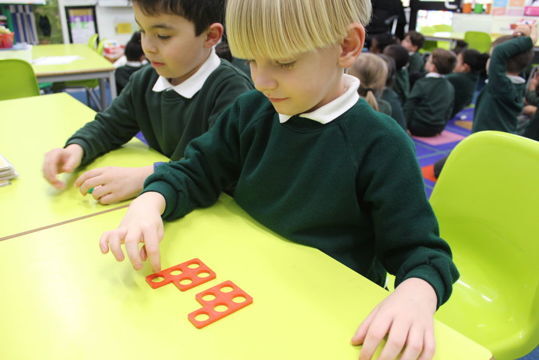
Our aim is for all of our children to leave Yr 4 with a secure knowledge of their number facts. To achieve this, different year groups focus on learning specific tables while recapping the ones they know.
Year 1: 2x, 10x, 5x,
Year 2: 2x, 10x, 5x, 3x
Year 3: 2x, 10x, 5x, 3x, 6x, 12x, 4x, 8x
Year 4: 2x, 10x, 5x, 3x, 6x, 12x, 4x, 8x 7x, 9x, 11x
Year 5 and 6: Revision, Revision, Revision!
Teaching of timetables happens in many fun and varied ways. Children generally start with counting forwards from 0 in multiples then counting back from 12x that number to 0. When secure, children should count forward and backward from random multiples of the table they are learning and then move onto recalling x out of order e.g. 7 x 3 = 21
The children have weekly mini assessments that focus on their x tables and half-termly multiplication checks to assess their progress.
All children have access to Times Table Rockstars, which is an online platform that encourages children to practise multiplication and division facts for up to 12 x 12. Awards are given for improving their speed and accuracy as well as giving them the opportunity to compete against other pupils.
SEND - Ambition and Access in Maths
|
Ambition – What are we aiming for children with SENs to achieve in this subject? |
Access – What amendments are made to the subject in order to help children with SENs to achieve? |
|
|